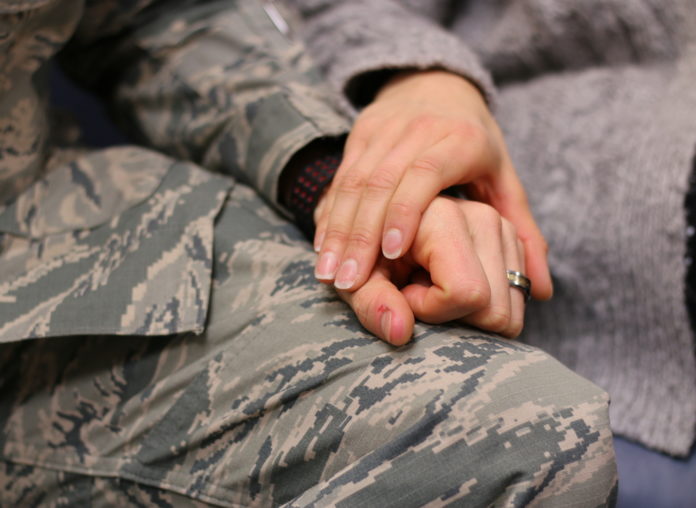Soldiers returning from military conflicts overseas often have another battle upon returning home, PTSD.
Post Traumatic Stress Disorder (PTSD), according to the Mayo Clinic “is a mental health condition that’s triggered by a terrifying event — either experiencing it or witnessing it. Symptoms may include flashbacks, nightmares and severe anxiety, as well as uncontrollable thoughts about the event.”
The rate of suicide among returning soldiers is higher than that of the general population. There has been a call for more research and treatment options for soldiers. Many veterans claim that marijuana is one of the only treatments to yield results.
The Drug Enforcement Agency (DEA) has approved a study examining the link between PTSD and marijuana. “The contract with the state of Colorado was signed on April 20 — an unofficial national holiday in some circles — meaning the funds are en route to MAPS. We are now preparing to place the order for the marijuana for the study,” Brad Burge, spokesperson for the study’s co-sponsor, Multidisciplinary Association for Psychedelic Studies (MAPS) told The Military Times.
The National Institute on Drug Abuse will supply the marijuana that will be used in the study. Once that is complete the study hopes to start enrolling participants by June. The plan is to include 76 military veterans participate who have forms of PTSD that have not responded to traditional treatments. Various strains and potencies will be used in the study.
While veterans have claimed for decades that marijuana helps with PTSD, federal law has prevented adequate research to examine the issue. The study aims to bring hard data to the conversation.
“This is a critical step in moving our botanical drug development program forward at the federal level to gather information on the dosing, risks, and benefits of smoked marijuana for PTSD symptoms,” said Amy Emerson, director of clinical research for the MAPS Public Benefit Corporation.












